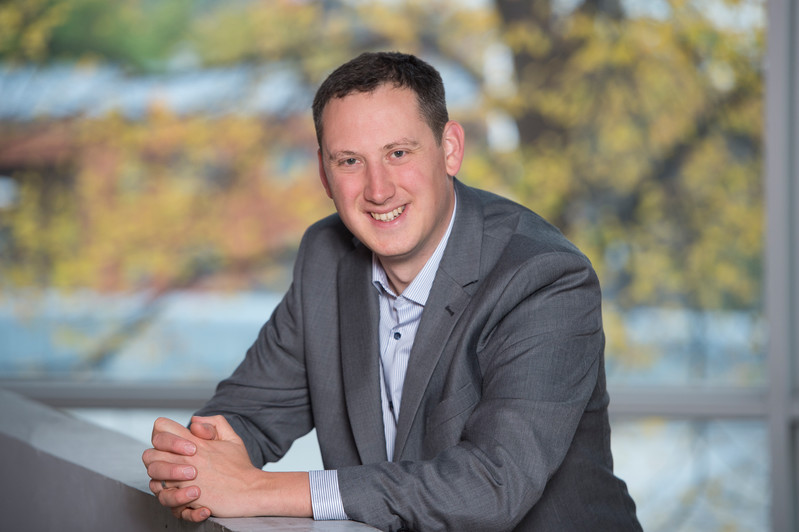Professor John Collomosse from the School of Computer Science and Electronic Engineering has been elected as a Fellow to the Institution of Engineering and Technology (IET), a prestigious membership level awarded only to those who have demonstrated significant achievements sustained over a period of at least five years in engineering, technology or related disciplines.

The IET Fellowship was awarded in recognition of Professor John Collomosse leading a multi-year research programme in media provenance; creating technologies to fight misinformation and online harms. John founded Surrey Blockchain in 2016, the University of Surrey’s cross-faculty Blockchain activity, leading a portfolio of EPSRC funded projects that uniquely combined the emerging technologies of AI and Blockchain: TAPESTRY, COMEHERE, and ARCHANGEL.
The latter partnered with the UK National Archives, using AI visual fingerprinting and Blockchain to help secure the provenance and integrity of public archives in a worldwide trial involving the UK, US, Australia, Estonia and Norway. The work was recognised by the EPSRC as a highlight of its 10 year Digital Economy programme.
Significantly, John’s contributions as Director of the Centre for the Decentralised Digital Economy (DECaDE), a UKRI/EPSRC research centre within the Centre for Vision Speech and Signal Processing (CVSSP) was recognised. DECaDE focuses on establishing trust in the digital supply chain, underpinning the creative industries by establishing the provenance of digital media. In partnership with Adobe’s Content Authenticity Initiative, DECaDE has created new tools to help fight fake news and contributed to open source tools and standards to help empower users to make more informed trust decisions on media.
Reflecting on the award, Professor Collomosse said, “Fellowship of the IET is both an honour and recognition of the team’s hard work and technical breakthroughs fighting fake news and AI misuse. We are delighted to see our multi-year research in media provenance recognised by this prestigious engineering institution.”

